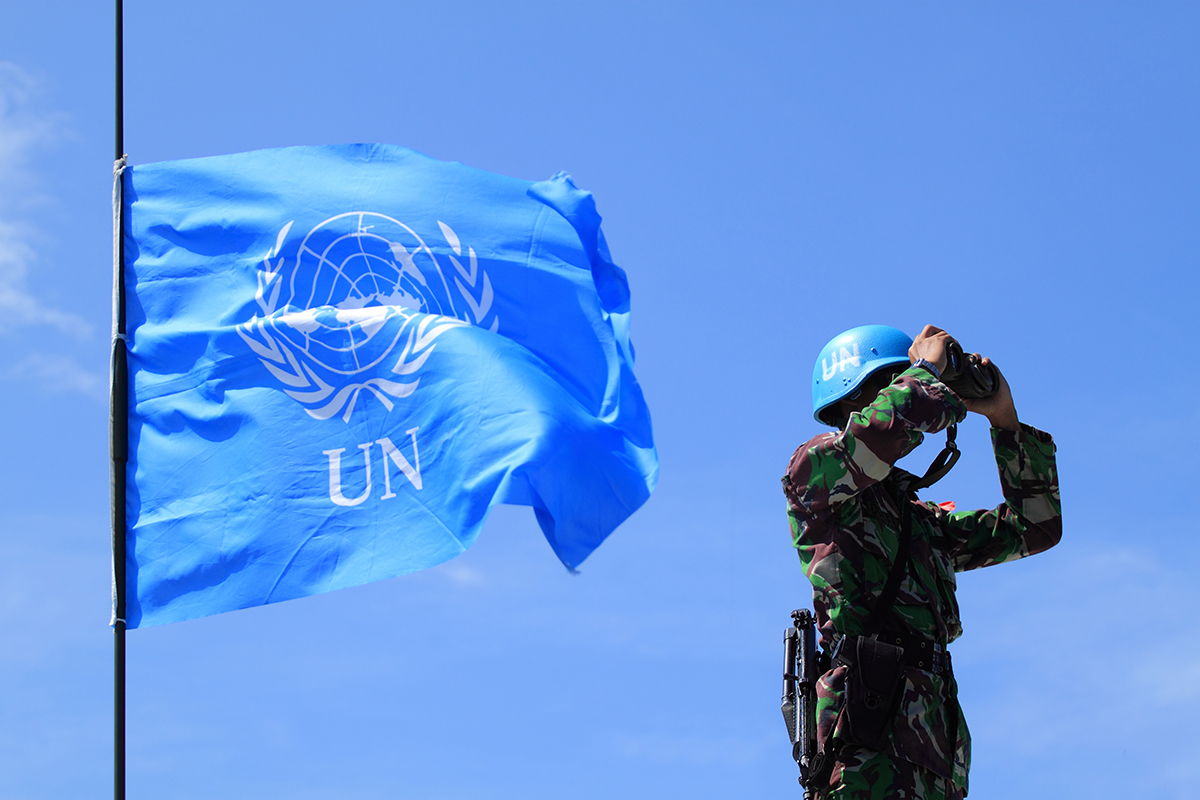President Felix Tshisekedi of the Democratic Republic of Congo (DRC) has called for a hastened exit of the United Nations peacekeeping force, amid growing public protests against the UN’s inability to curb rebel activities despite being deployed in the country for over two decades.
Certain regions of the DRC are under significant threat from armed groups, who execute deadly assaults on civilians in their quest for territorial and mineral control.
The UN mission has been the subject of intense local criticism, and some protests against it have resulted in substantial loss of life, including civilian casualties.
In 2010, the UN peacekeeping mission known as MONUSCO took over from its predecessor, MONUC, which had been in operation since 1999 with the aim of establishing peace and stability in the DRC.
Addressing the UN General Assembly, Tshisekedi emphasized that speeding up MONUSCO’s departure was vital for resolving tensions between the Congolese population and the mission. “Quickening the exit of MONUSCO is urgently needed to alleviate tensions between the mission and our citizens,” he stated in his speech. He also pointed out that peacekeeping missions have been ineffective for 25 years in addressing the violent conflicts disrupting the nation.
Tshisekedi criticized the ongoing reliance on MONUSCO for peace and stability as “unrealistic and counterproductive.”
The Congolese leader disclosed that negotiations are in progress between his government and UN officials to expedite the mission’s departure, set to begin by the year’s end. Previously, an agreement had been reached for MONUSCO to withdraw by December 2024.
Last month’s anti-UN protests led to at least 43 deaths and 53 injuries as demonstrators clashed with local law enforcement. Similar protests earlier this year have also resulted in civilian harm.
As of February this year, MONUSCO maintained a force of over 17,000 personnel, including 14,000 military staff, in the DRC.
The DRC is set to conduct general elections in late December amidst ongoing threats of disturbance from numerous armed groups.
According to the Armed Conflict Location & Event Data Project (ACLED), the Central African nation is currently embroiled in conflicts involving more than 100 armed factions.
As the Democratic Republic of Congo prepares for general elections amidst a complicated security landscape, the announcement by President Tshisekedi to expedite the UN peacekeepers’ withdrawal marks a pivotal moment. It remains to be seen how this accelerated exit will impact the already volatile situation and whether it will lead to a more effective domestic approach to establishing peace and stability. With over 100 armed groups contributing to ongoing conflicts, the DRC faces immense challenges ahead, challenges that may redefine its relationship not only with the UN but also with the international community at large.







